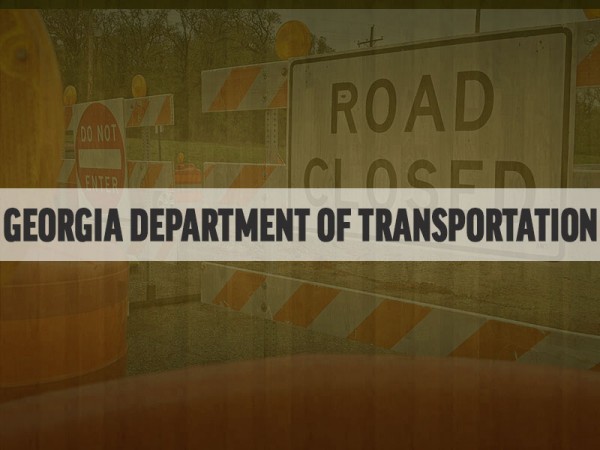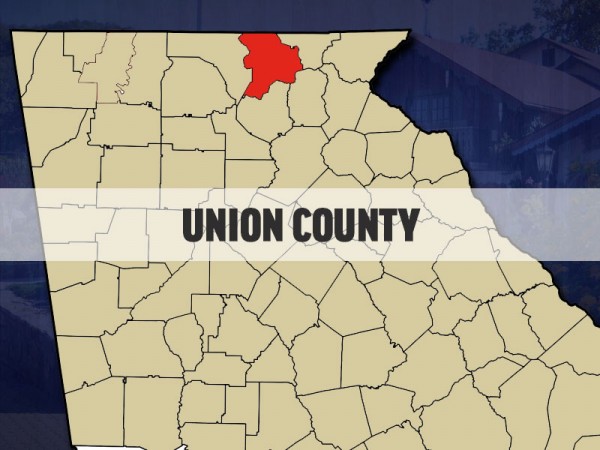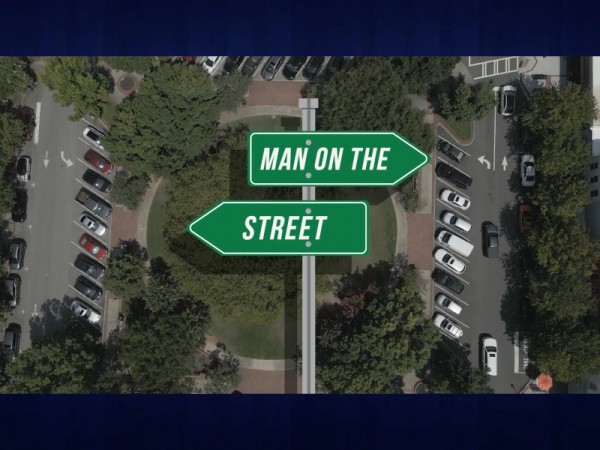ATLANTA - An analysis of federal mortgage data has shown that Black Atlantans were the most likely minority group to end up with a subprime mortgage - making them more vulnerable in the current loan crisis.
The Atlanta Journal-Constitution reported on Sunday that nearly half of blacks who bought a house in 2005 or 2006 did so with the high-interest mortgages, compared with 13 percent of white home buyers.
This was the case across income groups, as 41 percent of black home buyers making more than $100,000 a year got a subprime mortgage, compared with 7 percent of whites making the same amount.
The Atlanta area's highest foreclosure rates are in minority communities, and more of the city's homeowners than ever are losing their houses in the mortgage meltdown.
Experts watching the trend offer various explanations for this, including differences in credit history and aggressive targeting by subprime lenders to minorities - who have been historically underserved by mainstream lenders.
Federal mortgage lending statistics also show that black and Hispanics nationwide are more likely than whites and Asians to end up with a subprime loan. In Atlanta, 49 percent of blacks got subprime loans in 2005 and 2006, compared with a third of Hispanics and 10 percent of Asians - the lowest of any group.
Statewide, subprime mortgages are nine times more likely to be seriously delinquent or in default than prime mortgages, according to the Mortgage Bankers Association.
The Atlanta Journal-Constitution analysis also included the race and income of borrowers. The federal government does not require lenders to report information about credit history or down payments - key factors in determining whether a home buyer qualifies for the lower, or prime, interest rate.
Lenders say credit scores are a better predictor than income of whether someone will pay their mortgage on time. A national study of credit scores of all consumers found that 52 percent of blacks have scores that would classify them as subprime borrowers, compared with 16 percent of whites.
Georgia Tech professor Dan Immergluck, an expert on mortgage lending, say there is more to the story than credit, and pointed to lenders who market heavily in minority neighborhoods.
"If what you get in your mailbox is a certain set of lenders all the time, then those are the lenders you think about going to," Immergluck told the newspaper.
"This is a vicious cycle. You get into an expensive loan, or a loan with bad terms, and that will make it harder for your credit to stay good."
Atlanta Legal Aid attorney William J. Brennan Jr. said he has reviewed many cases where blacks were disproportionately targeted for the worst loans available.
"Since the day I started working here, economic oppression of black people has been going on nonstop," he said.
Timothy McDonald, senior pastor at First Iconium Baptist Church in Atlanta, said he was not surprised at the statistics, as he has watched his parishioners affected by foreclosure and bankruptcy.
"We have been denied the American Dream," McDonald said. "If you have the opportunity to get it, you would rather pay to the hilt instead of not getting it, and the lenders know that."
Saturday
July 5th, 2025
8:30PM
















